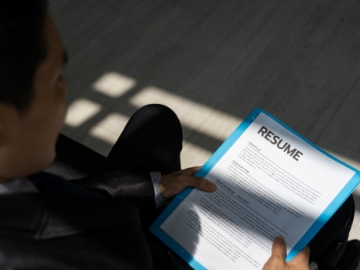There can be a certain feeling of being lost after you send in your resume. You aren't sure if you should follow up, when, and how to do it.
Before, people had to print resumes. They must go through job posts in the newspapers and personally submit their resume. However, the job hunting process has evolved from offline to online.
A resume represents a job applicant; it contains essential details, including educational background, work experience, awards earned, and skills acquired. While mentioning all these details seems like a good idea, it isn't.
In job hunting, submitting resume after resume to recruiters is the normal thing to do. Sometimes, you'll find a job opening asking you to send a cover letter and resume.
As a job hunter, your resume is one of your most powerful marketing tools. It's what recruiters review to read all your achievements and experience before meeting or talking to you in person.
Dipping your toe into applicant pools during your job hunt can be intimidating. You'll have to recount all your years of experience, re-evaluate everything you've learned, and squeeze all of it into a single sheet of paper.
When writing your resume, it's important to think about what you'll say and put it carefully. Relevant experience and skills are a must on the list, but there are other things to add, such as a resume skills summary.
Making a resume can be hard whether or not you have a lot of experience and achievements. One of the challenges may be choosing the right template.








